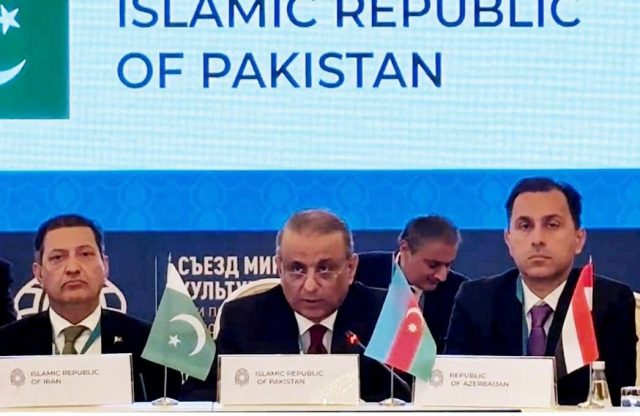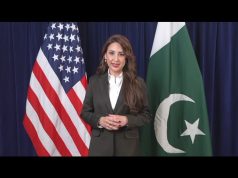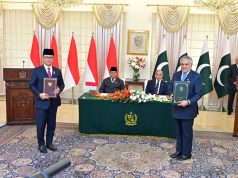KAZAN, Saturday, May 17, 2025 (WNP): Pakistan has outlined an ambitious blueprint to transform itself into a pivotal economic bridge connecting South Asia with Central Asia, Europe, and Russia, unveiling six potential trade corridors through China, Afghanistan, and Iran.
Federal Minister for Communications Abdul Aleem Khan announced the plan during the closing session of the Russia-Islamic World Kazan Forum 2025, emphasizing Pakistan’s strategic intent to go beyond mere transit connectivity and emerge as a hub of regional trade and logistics.
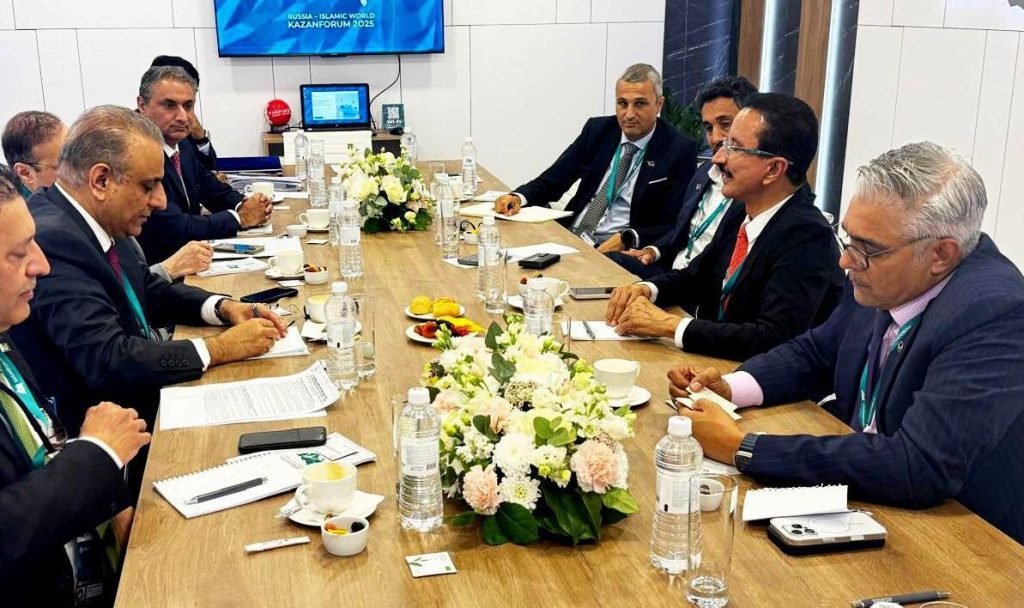
“These corridors include routes from Karachi to Moscow via China and Kazakhstan, and from Gwadar to Moscow through Afghanistan, Turkmenistan, Iran, Azerbaijan, and Russia,” said the minister. He reaffirmed Pakistan’s commitment to regional integration through enhanced infrastructure, strategic partnerships, and trade facilitation.
Khan highlighted that Gwadar Port has already commenced cargo and shipping services and will serve as a crucial gateway for Central Asian countries seeking access to warm waters. He also discussed progress on the Mazar-i-Sharif–Kohat Railway Project, expected to cost $633 million, which will further solidify connectivity with Afghanistan and beyond.
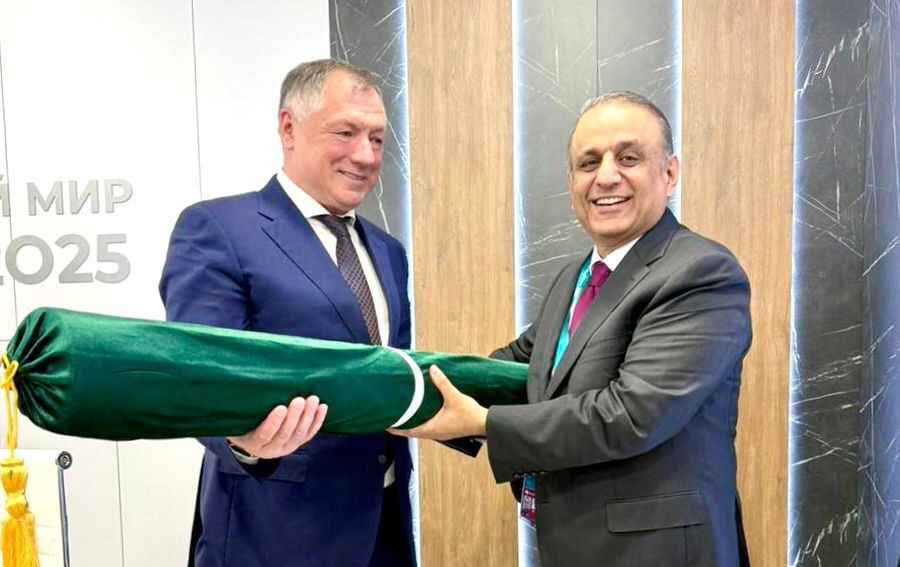
Underscoring the government’s priority for infrastructure development, the minister cited the Sukkur-Hyderabad Motorway (M-6) as a high-value project attracting significant investment interest. He added that the National Logistics Cell (NLC) has been providing cargo services to Uzbekistan and Kazakhstan since 2023, further cementing Pakistan’s logistical capabilities.
In a major step toward trade facilitation, Khan noted that Pakistan had extended Visa-on-Arrival services to citizens of 126 countries last year to promote tourism, trade, and investment.
During the Forum, Khan shared that Pakistan is actively working on a pilot railway project to Russia via Iran, expanding its vision of land connectivity in Eurasia. He welcomed the Kazan Forum as a vital platform for dialogue and cooperation and expressed gratitude to Russian President Vladimir Putin, Deputy Prime Minister Marat Khusnullin, and Transport Minister Roman Starovoyt for their hospitality.
On the sidelines of the event, Khan held a bilateral meeting and joint session with Russian Deputy Prime Minister Marat Khusnullin, where both sides explored avenues for cooperation, particularly in communications and infrastructure investment. Khan emphasized Pakistan’s aspiration to forge a broad-based strategic partnership with Russia, while Khusnullin reaffirmed Russia’s commitment to regional development and deeper engagement with Pakistan.
Earlier, addressing a session on Cultural Dialogue, the minister highlighted Pakistan’s rich social and historical heritage and called for enhanced cultural exchanges between Pakistan, Russia, and Central Asian states. “Preserving our shared cultural legacy and promoting mutual understanding are essential steps toward a peaceful and harmonious world,” he said.
Khan also held a key meeting with Sultan Ahmed Bin Sulayem, Chairman of Dubai Ports International, to discuss strengthening shipping and cargo logistics between Pakistan and Dubai. The two sides reviewed investment opportunities, including in Pakistan’s M-6, M-9, and N-25 highways. The Dubai Ports chairman expressed strong interest in expanding trade relations and investing in Pakistan’s logistics infrastructure.
The minister shared Pakistan’s ongoing efforts to modernize its transport infrastructure using models from developed nations like Dubai. He noted that M-Tag electronic toll collection has been made mandatory on national motorways and highways in the first phase of reforms.
Concluding his engagements, Abdul Aleem Khan reaffirmed Pakistan’s commitment to playing a proactive role in regional development through connectivity, trade, and dialogue, positioning Pakistan as a vital link in the evolving economic geography of Eurasia.

